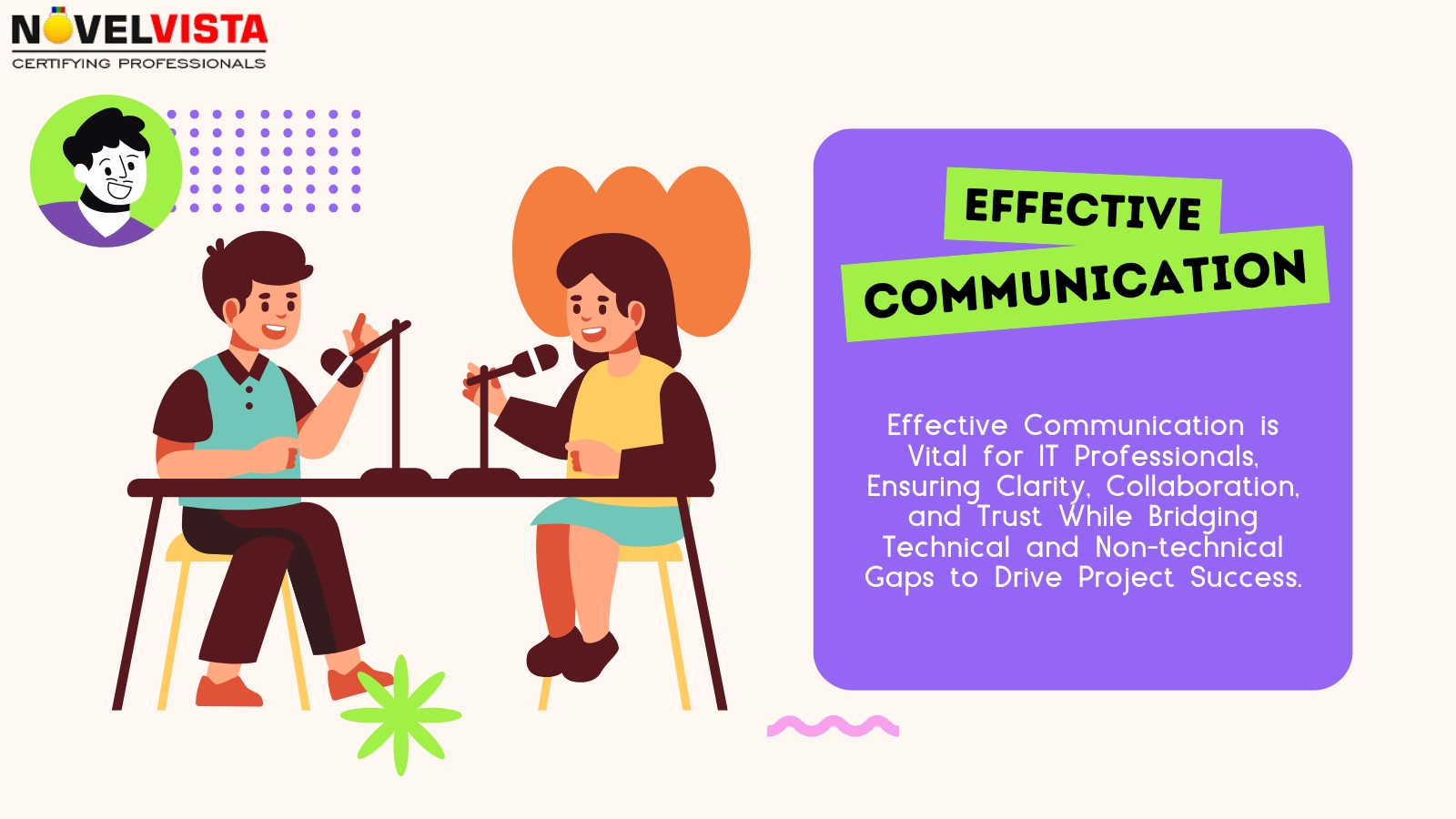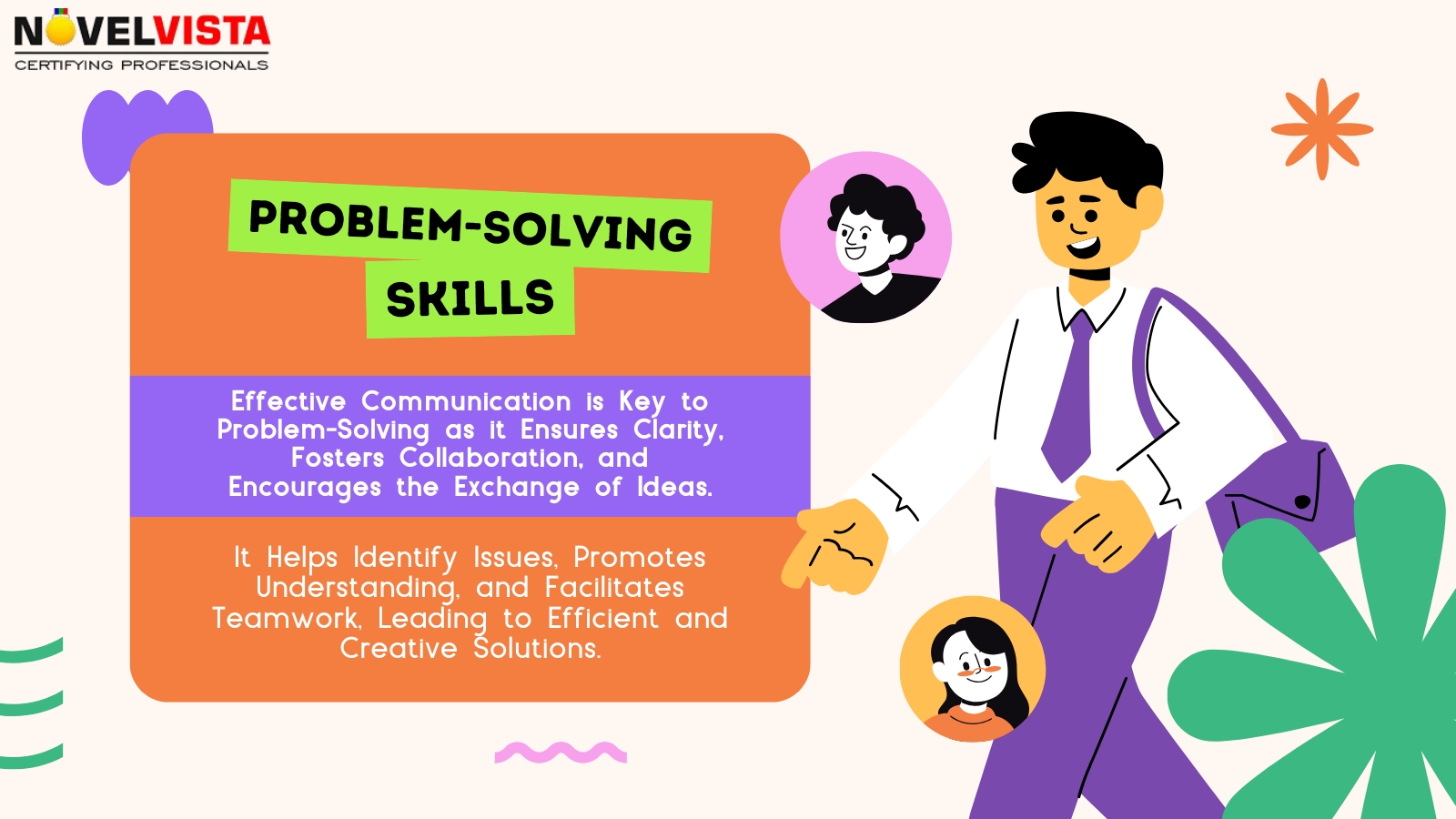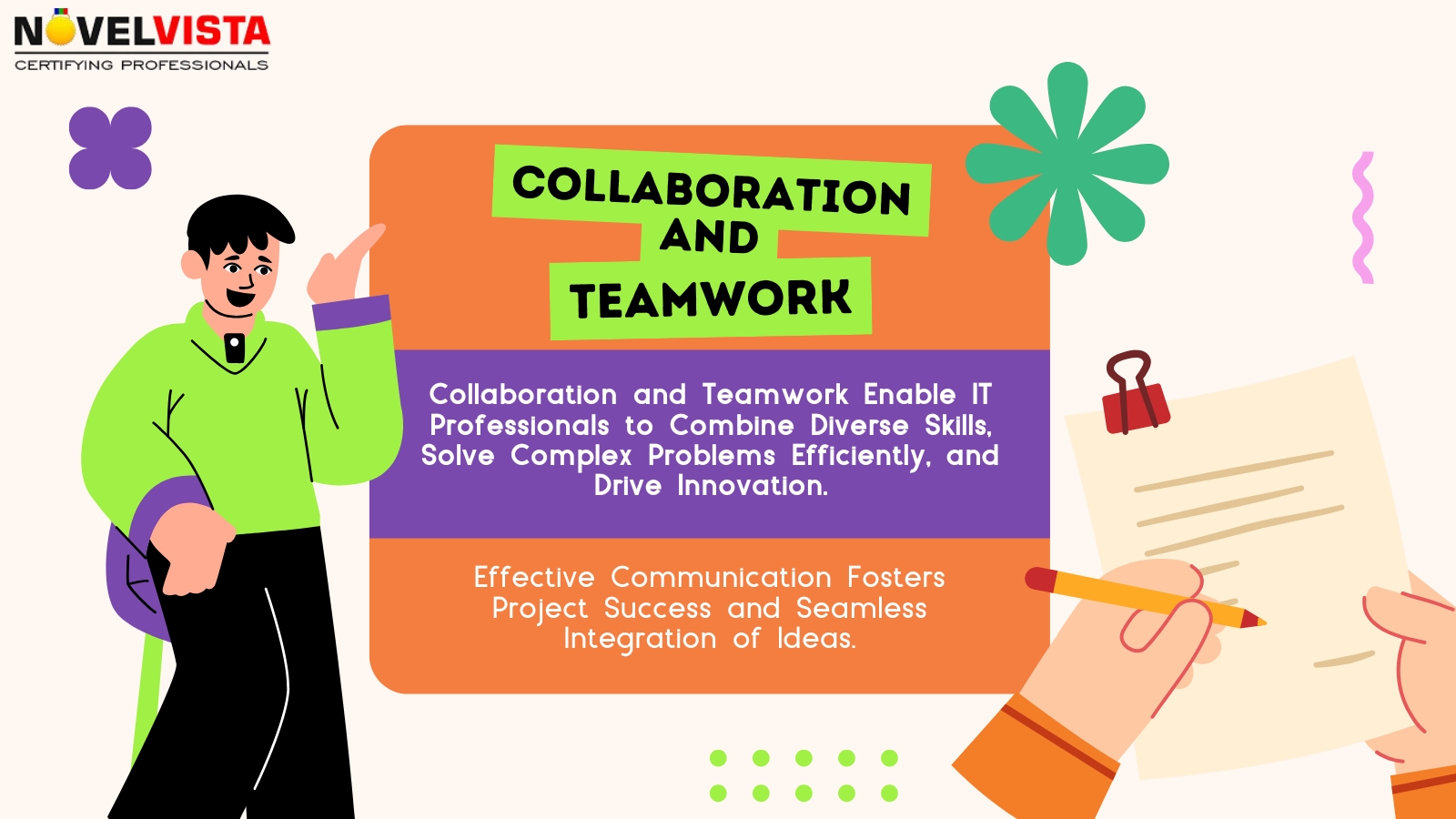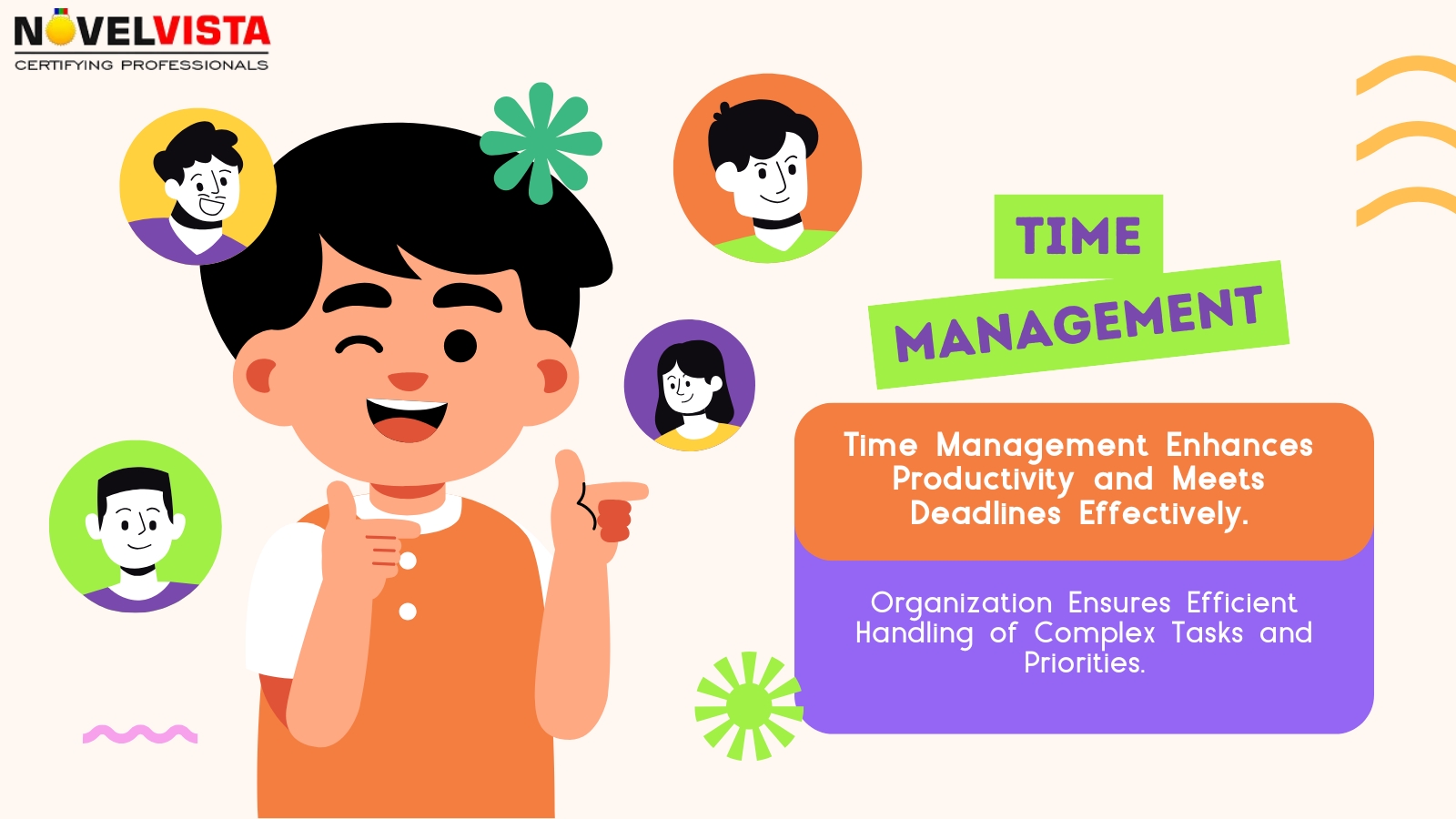Technical skills alone are insufficient to flourish in today's hectic IT world. While coding, troubleshooting, and system design are important, soft skills frequently influence how well you communicate, solve problems, and adapt to new difficulties.Consider having to convey an advanced IT solution to a non-technical team or working to prioritize activities before a major project deadline. These circumstances illustrate the importance of interpersonal and organizational skills.
IT professionals who excel in communication, problem-solving, and time management stand out for their technical skills and ability to deliver outcomes in dynamic circumstances.Soft skills are essential for long-term success, whether used to solve problems, master new technology, or lead teams.In this article, we'll look at five essential soft skills for IT professionals, including an innovative method that involves using tools to simplify work and increase efficiency.
Effective communication is necessary for IT professionals since it promotes easy collaboration and project success. Clear communication bridges the gap between technical and non-technical team members, making complicated ideas more understandable. For example, an IT worker may need to communicate to management about the benefits of a software update without using technical jargon.

Strong communication skills help to reduce misunderstandings and keep everyone on the same page. To improve, try producing clear and succinct technical documentation that anybody can understand.
Active listening is also important, as well as paying attention, asking questions, and confirming comprehension to strengthen relationships with your team. These basic techniques can make a significant impact on how well you communicate in IT projects.
Problem-solving abilities are essential for IT professionals since they allow them to efficiently address issues in troubleshooting and development.

Whether correcting a bug or optimizing a system, good problem-solving skills allow you to develop quick and efficient solutions. For example, when debugging complicated software problems, determining the fundamental cause and applying the solution necessitates a rational and focused approach.
This process can be accelerated further using online image to text extractor tools like imagetotextconverter.net or imagetotext.me. Instead of manually entering error messages from screenshots, turn them into editable text for faster examination and resolution.
Using such technologies saves time and reduces errors, making issue resolution easier and more efficient, which is critical in the ever-changing world of IT.
Adaptability and flexibility are critical for IT professionals in today's fast-changing technological environment. New tools, languages, and frameworks develop regularly, necessitating experts to keep current to compete. For example, an IT specialist may need to swiftly learn a new programming language to satisfy the specific requirements of a project or client.

Embracing change and being willing to venture outside your comfort zone can greatly benefit your career. To remain adaptable, prioritize ongoing learning by enrolling in online courses, obtaining certifications, and periodically investigating new technology. These efforts develop your skills and equip you to face unexpected obstacles confidently and easily.
Collaboration and teamwork are critical in cross-functional IT projects, as specialists from several fields work together to achieve common objectives. Teamwork promotes clear communication, effective issue resolution, and speedier project completion. Agile approaches, such as daily stand-ups and sprint planning, help to structure collaboration and focus it on specific goals. Jira and Trello help teams track progress, assign tasks, and stay organized.
Effective teamwork in remote or hybrid work environments necessitates clear communication, regular virtual check-ins, and video conferencing solutions to stay connected.

Building trust and keeping everyone on track with project objectives promotes success, regardless of the working environment. Strong teamwork produces greater results and creates a more productive team environment.
Time management and organization are critical for IT professionals to achieve deadlines, particularly in high-pressure scenarios. Managing various tasks, such as resolving IT tickets and meeting project goals, necessitates clear priorities and effective planning.

Gantt charts are useful for visualizing timetables and tracking progress, while task prioritization approaches like the Eisenhower Matrix ensure that you focus on what is most important.
For example, handling several IT tickets throughout a hectic day becomes easy when tasks are organized by urgency and priority, ensuring that nothing falls through the gaps. By staying organized and managing time wisely, IT professionals can deliver quality work consistently, even when juggling tight deadlines and complex responsibilities.
In today's competitive IT market, technical expertise must be combined with strong soft skills to ensure long-term success. Communication bridges team gaps, issue-solving creates inventive ideas, flexibility keeps you ahead of technical developments, collaboration promotes teamwork, and time management keeps projects on schedule. These abilities enable IT workers to excel in problem-solving and connection development, learn new technologies, and deliver extraordinary results under pressure.
Whether explaining a technical concept, leveraging technologies like image-to-text converters to save time, or managing numerous priorities effortlessly, soft skills complement technical abilities and produce well-rounded individuals. IT workers can confidently manage hurdles and accomplish excellent results in a dynamic sector by developing these five critical abilities.
Confused about our certifications?
Let Our Advisor Guide You